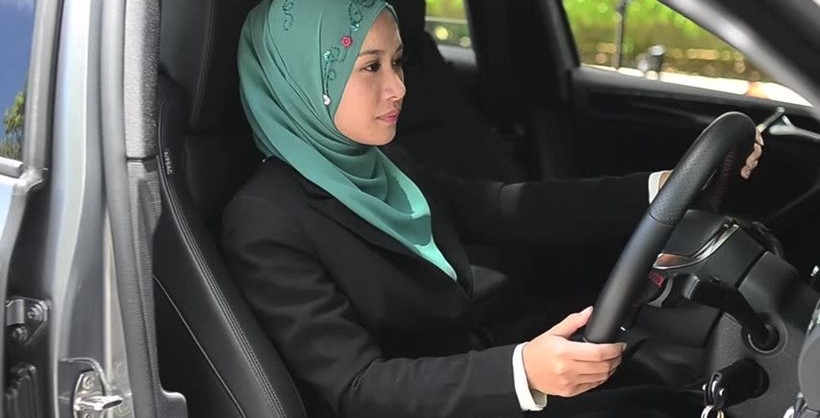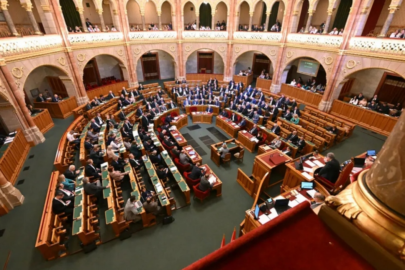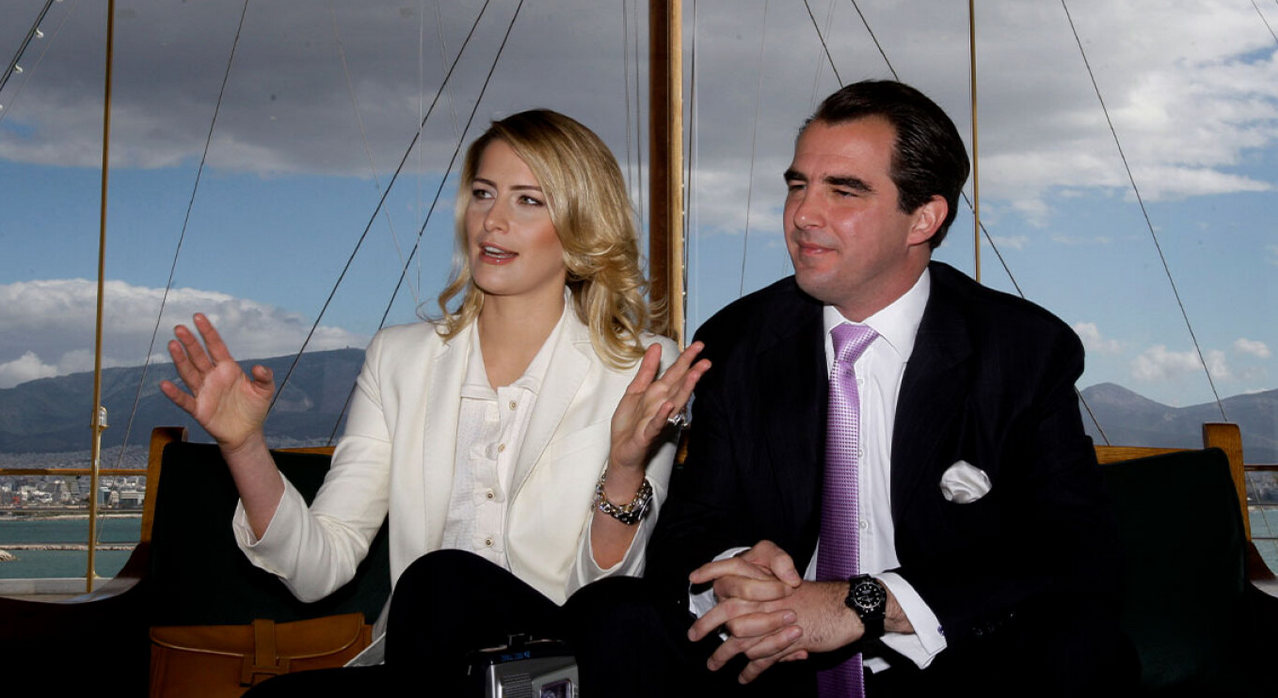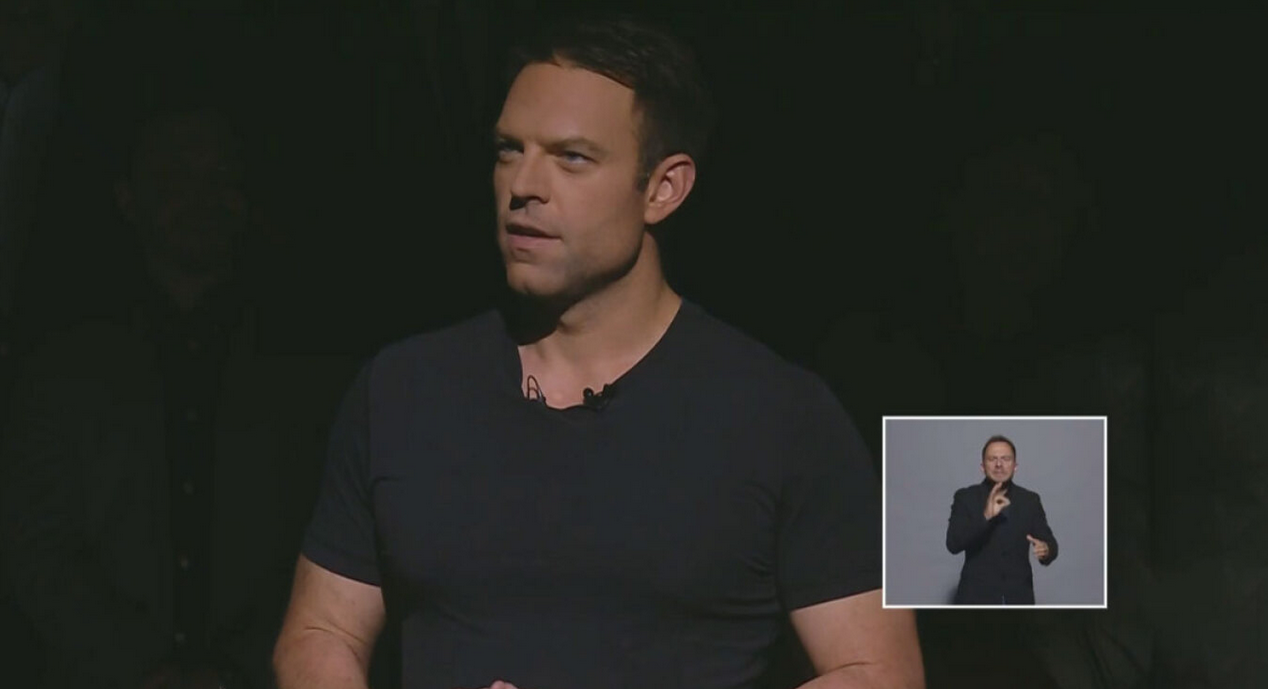Women in Saudi Arabia are to be allowed to drive – ending a law which made the Gulf nation the only country in the world to forbid female drivers.
On Twitter, the news was being celebrated widely.
The change, which will not happen immediately, was announced on state television and in a simultaneous media event in Washington.
It highlights the damage that the policy has done to the kingdom’s international reputation and its hopes for a public relations benefit from the reform.
Campaigners have for many years argued that women should be allowed to drive, saying that it makes virtual prisoners out of women who do not have a male family member or chauffeur to drive them around.
In June 2011, about 40 women got behind the wheel and drove in several cities in a protest sparked when Manal Sharif, one of the founders of the movement, was arrested and detained for 24 hours after posting a video of herself driving.
Another was arrested and sentenced to 10 lashes – a sentence later overturned by the king – and the rest were told to sign statements guaranteeing they would not drive again.
In October 2013, shortly after a prominent cleric claimed that medical studies showed driving damaged a woman’s ovaries, 60 women took part in a protest, driving in spite of warnings from the authorities.
In response, 150 clerics staged a demonstration outside the royal palace. The ministry warned against marches or gatherings under the pretext of the driving campaign. It said those “disturbing public peace” will be dealt with firmly.
But since then resistance to women driving has ebbed somewhat.
The movement gained prominence with the rise in power of Crown Prince Mohammed bin Salman, a 32-year-old son of the king. who has laid out a far-reaching plan to reform the kingdom’s economy and society.
Furthermore, Saudi Arabia, hit by the fall of oil prices, is aware of the economic contribution that women could make.
source: telegraph.co.uk































